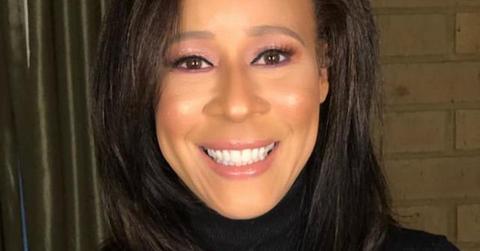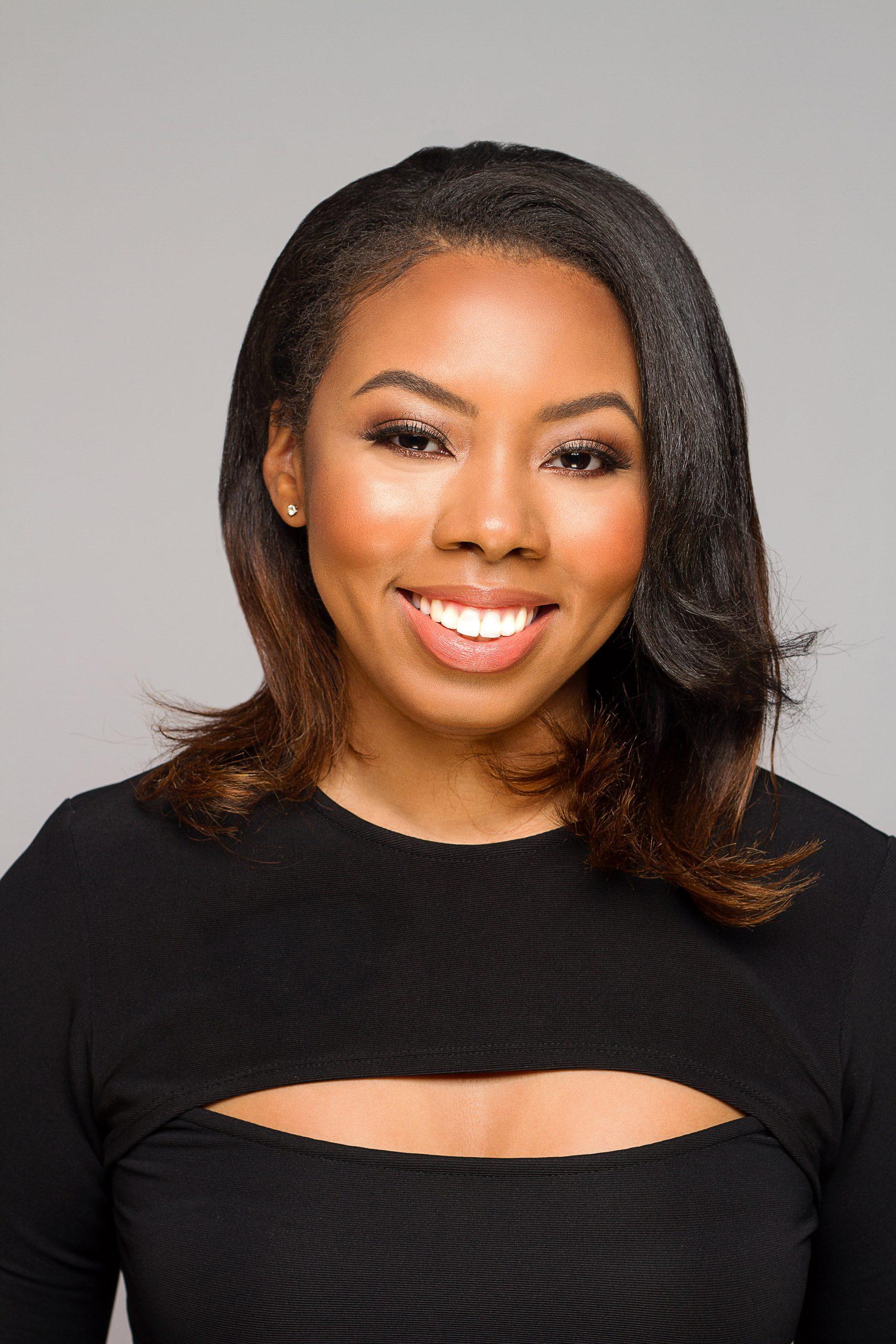On the list of NFL history makers, Collette V. Smith has cemented her place. Falling in love with football as a child, later in life, the New York native discovered the pro women’s football team, The New York Sharks.
Smith was 42 years old and working in the New York real estate market, specializing in New York development sales when she found the team. Despite being concerned about her age, Smith tried out. After making the team, Smith managed to keep up with both careers. But as time went on, she began devoting more of her time to football and slowly phased out of her involvement in real estate. Eventually, her path led to the NFL where in 2017 she became the first Black woman to coach in the league’s 100-year history and the first woman to coach in NY Jets’ franchise history. Smith coached during summer training camp, so according to the NFL her official title was “intern coach.”
Despite its almost century-old existence, it wasn’t until 1990 that the NFL hired Lee Brandon as their first female strength and conditioning coach. Then came Jennifer Welter as their first female intern position coach for the Arizona Cardinals in 2015. It would take another year before they hired Kathryn Smith as the league’s first woman to hold a full-time coaching position during the 2016-2017 season with the Buffalo Bills. Collette Smith would make her mark right after. As it stands, the NFL only has three full-time female coaches. But among them, Smith is the only Black woman to have ever held a coaching position.
Now, Smith’s mission is to help empower women and young people through her organization, Believe N’ You. In a conversation with Her Agenda, Smith talks about her path to the NFL, the importance of diversity in the league, and her thoughts on athletes using their platforms to bring attention to larger issues.
Her Agenda: How did you fall in love with football?
Collette V. Smith: I like football for reasons that any man would or any person for that matter. It’s just a sport that I gravitated to. Growing up in Queens, watching football was a way to be near my dad. Just under his armpit, with my father watching football. And I liked it. I liked it for the same reasons my dad liked it.

Her Agenda: How did you end up becoming the first Black woman to coach in the NFL? How did that happen for you?
Collette V. Smith: To be completely honest, that wasn’t even my angle. I turned into a women’s pro football player when I turned 42 years old. I found out about a women’s pro football team and I was blown away. I drank the tea, meaning society told me my whole life and other girls, and women that we weren’t allowed to play football. Then I came across a women’s pro football team here in New York. I didn’t think I was going to make the team because I was 42 years old. But I figured I need to go because I would regret it if I didn’t experience women playing football on a team or on an organized level. When I went there and I saw all of these women playing real football with real coaches on a real football field, it blew my mind. It gave me an energy boost of empowerment. I was now determined to make this team. So I made the team.

Moving forward when I retired, I was asked by the owner of my women’s pro football team to be a coach. And I took on that challenge. Because to me, it was a challenge, I had never coached anything before. So I took that on, I loved it. I loved seeing the players get better. It was beautiful to see people grow. Eventually, I was promoted to the director of marketing and PR for my women’s pro team.
I won over the hearts of a lot of people that were interested in seeing women’s pro football here in New York. Eventually, I received a phone call from somebody at the executive offices. He said he loved what I was doing. He said if there’s anything that he could do for me to let him know. Immediately I said to him that I wanted to have on field access at Jets coaching practices. He made that happen.
Her Agenda: What were some of the challenges you faced as the first Black woman coaching in the NFL?
Collette V. Smith: For the most part everything was great. But we all know no matter where you go, what organization, what company you work for there’s always one person that’s difficult. There’s always going to be one guy, one woman that’s just always a thorn in your side. And I had one of those. I learned a lot myself. The way this person treated me. He just ignored me the entire time I was there. He didn’t like me from the moment I stepped foot in his office. That really broke my heart. It broke my heart because I went in there eager. If my name was John or Michael would he have treated me any differently? Unfortunately, the answer would be yes. Now, I was too much in my head. I was second guessing myself based on this guy’s attitude toward me.

Her Agenda: What was the best part of the job for you?
Collette V. Smith: The best part of the job was knowing that I could influence and empower little Black girls who look like me. Little girls that are maybe hearing the same things that I’ve heard or told you can’t do it because you’re a girl.
Her Agenda: What is the message you have for women who are looking to enter male dominated industries?
Collette V. Smith: Be strong. Believe in yourself. Completely and indubitably believe in yourself. The way to believe in yourself is to study your trade. Study what makes you happy. Follow your passion. Find your purpose. Be a scholar everyday. I want every woman to know that they can do anything they put their minds to. It comes with hard work.
-Be strong. Believe in yourself. Completely and indubitably believe in yourself.

Her Agenda: How do you feel about players who have been using their platform for protests and activism?
Collette V. Smith: It is powerful and positive. It’s the best way because you reach so many people using that NFL platform as a player or as a coach to spread love and bring awareness to police brutality, to our Black people getting shot by police officers.
For instance, Colin Kaepernick is one of my greatest living heroes. I am forever in debt and in gratitude to Colin Kaepernick. What he did took strength, courage, wisdom and he’s a child of God. I believe that more of us should do it. But it’s a scary thing for these players. These players are afraid to lose their jobs.
-Colin Kaepernick is one of my greatest living heroes. I am forever in debt and in gratitude to Colin Kaepernick.
On the polar opposite side of sports, the NBA encourages their players to use their platforms as NBA players to do right by the world, to speak their truth if it’s something positive. NFL team owners are [some of] the wealthiest people in the world. Of course, they don’t want us Black folks to stand up and say ‘hey, let’s get together and stop this. Let’s bring awareness to this. We’re not going for this anymore.’ It’s unfortunate that these team owners are not respecting the community, their players.
At the very same time, I get it. It’s a job. You’re there to play football. But these players are also celebrities. They’re role models. And that needs to be respected as well. I encourage these players to do so. I ask myself that question ‘What would you have done?’ Wow, I have a mortgage to pay. What am I going to do? These platforms can be ripped away in a heartbeat because I want to say something maybe a lot of the world wouldn’t like. But then again, I’m not a conformist. It’s a tough call. I encourage it. I’m happy that players are using their platforms to bring awareness to issues that need to be heard.
[Editor’s note: This interview has been edited for length and clarity.]









